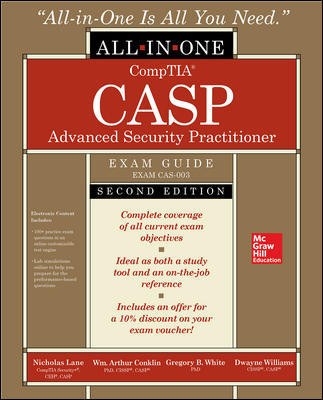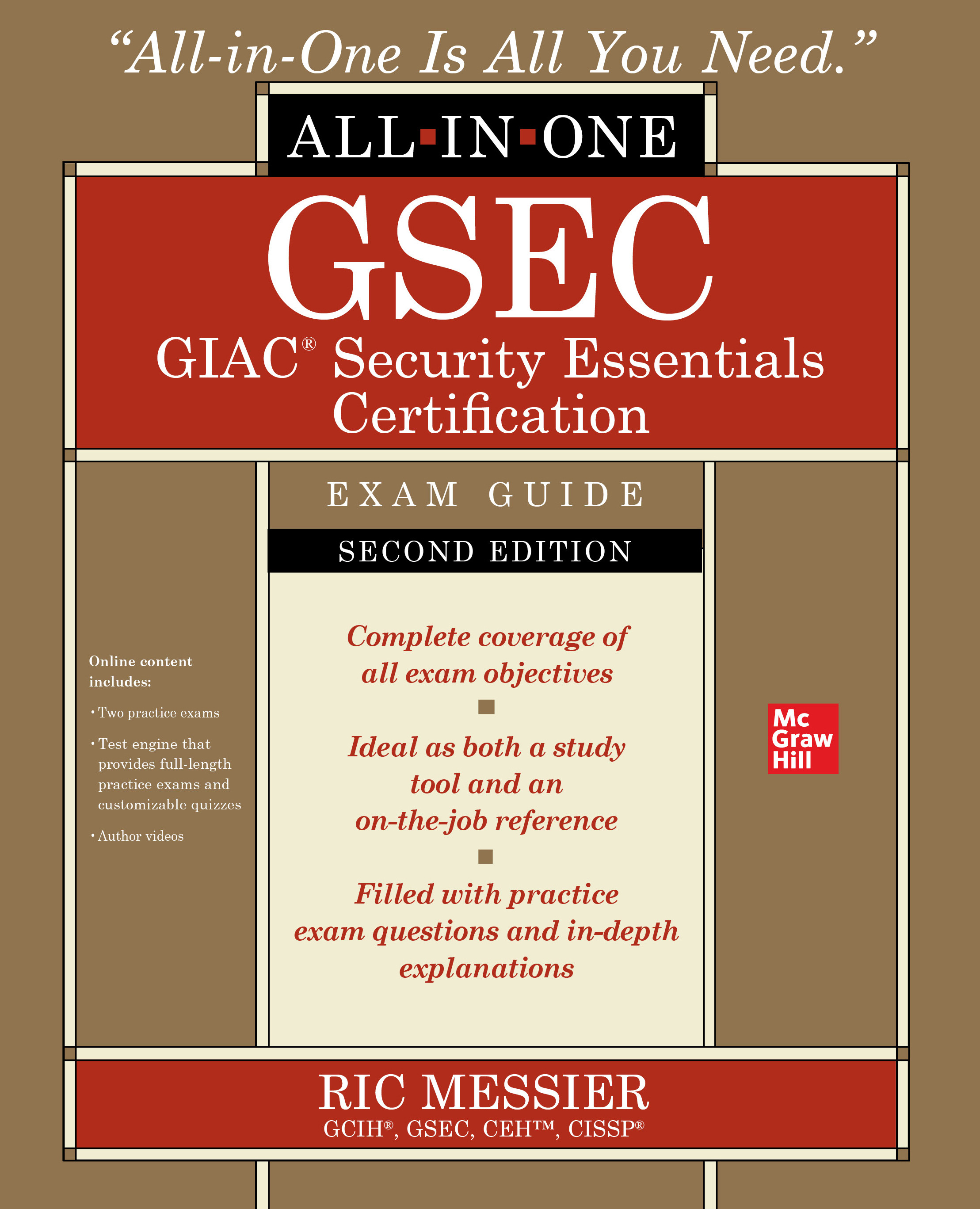Reduced M&A Activity & Why It’s Not All Bad
In past years, the end of a calendar year signaled “acquisitions season.” As the year ends and companies endeavor to take advantage of much needed tax breaks, the industry typically is flooded with news of mergers and acquisitions (M&A). In recent recession years, this seemed an indication of the security industry’s resilience and ability to thrive while other industries faltered. However, 2011 seemed quieter than others and we set out to find out why, while the industry continues to do well, merger and acquisition activity is down.
SDM spoke with Ron Davis, president of the Davis Group and Mike Barnes, principal broker and owner of Barnes Associates. Both had different perspectives on the reasons behind a slow year for M&A. But a possible conclusion points to a combination of global economic and industry-specific conditions that led to a smaller set of eligible sellers with high expectations and solid, yet cautious, buyers.
We’re not the only ones who’ve noticed. “There is a lesser volume of activity this whole year than there has been in previous years,” Davis noted about 2011.
Barnes agreed, saying, “This will be a hot topic at our upcoming Barnes Buchanan Conference in February.”
According to Barnes, modest activity in 2011 was put into high contrast against 2010. “A combination of factors resulted in a surge of activity in 2010, not the least of which was the strong performance realized by the industry during the recession. The buy side of the market remains strong. Large, well-capitalized existing players and private equity are constantly looking for good opportunities. There are also a number of strategic buyers looking at the industry.”
In spite of signs that the buyer side continues to be healthy, that flurry of activity in 2010 seems to have drained the sellers’ pool, Davis believes. “The obvious conclusion is the economic uncertainty that’s going on in the world today. But I think it’s a little more subliminal than that,” he explained. “I think the number of target acquisitions in the dealer community has dropped to an all-time low because most of the ones that were going to sell have already sold. When you look at companies that do acquisitions, they’re looking for dealers with $50,000 to $250,000 of recurring monthly revenue (RMR). And the number of companies out there that have that kind of rate has pretty much diminished.
“There has been so much activity in years past that the ones that are left are making decisions slower than they might have in the past,” Davis added.
In Barnes’ view, “The lack of activity seems to be the result of an insurmountable spread between the bid and the ask. Buyers are generally more conservative and choosey, while sellers’ expectations have risen dramatically. Without a bridging of the resulting valuation gap…deals do not get done.”
Adding to the valuation gap could be one company’s restructuring plans. “Additionally, the upcoming split of Tyco/ADT could put a chill on valuations, or at a minimum put a hard ceiling on the upper end of valuations,” Barnes acknowledged. “It is much harder to argue for a high valuation, when the dominant player in the industry is trading at a lower relative price.”
Barnes added, “In spite of these dynamics, we think activity is likely to pick up. Competitive pressures have never been higher, and while the future can look reasonably bright, it is more a contrast with the dark days of the recession, than a given. There is still much uncertainty. Potential sellers are undoubtedly thinking about the prospects of a double dip on the economy, and higher tax rates on sale proceeds.”
Both Barnes and Davis seem to agree that a quiet year for M&A is just part of a cycle and response to temporary factors, and not a permanent trend in the security industry. Barnes commented, “To us, it feels like the market is simply catching its breath… and, that activity will likely increase in 2012.”
Davis believes the nature and size of acquisitions may change slightly in 2012, but that activity will pick up. “There are always going to be enough sellers to make a market,” he said. “I don’t think it’s going to continue to diminish. There will be fewer sellers and larger transactions. I think you’ll see some companies in the SDM 100 that will be selling in the next year.”
Looking for a reprint of this article?
From high-res PDFs to custom plaques, order your copy today!








